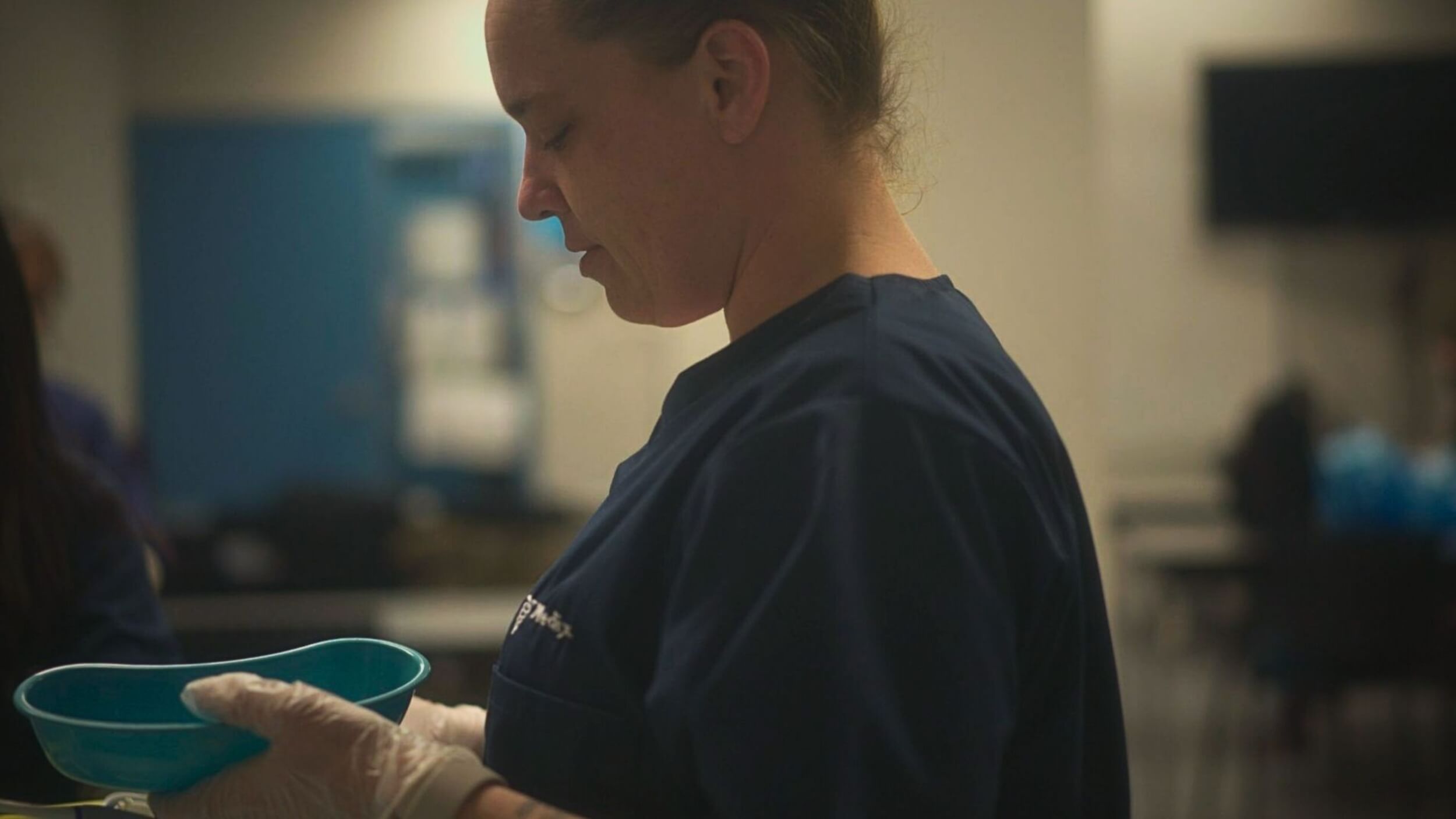
Are you considering a personal support worker career (PSW)? Then, you’re in for a rewarding, dynamic profession that allows you to help others each day. Though the role of a PSW is multifaceted and requires workers to adapt to the needs of their clients, there are limits to the scope of their role. Keep reading if you’re wondering what you’ll be authorized to do as a personal support worker! You’ll learn about the dos and don’ts of a PSW and the process of launching a successful career.
What Tasks Can Be Delegated to a PSW?
The main objective of a personal support worker is to assist the elderly and those living with disabilities with their day-to-day activities. They strive to help clients live independently, increasing their quality of life and maintaining their dignity. Their roles include:
- Assistance with Activities of Daily Living (ADLs): PSWs assist clients with primary activities that they may have difficulty performing independently. This includes bathing, dressing, grooming, toileting, meal preparation, household management, and mobility.
- Medication Support: PSWs may be responsible for helping clients manage medication, including reminders to take prescribed medications and ensuring they are taken as directed.
- Emotional and Social Support: PSWs offer companionship and emotional support to clients, helping to reduce feelings of isolation and loneliness. They may also engage clients in recreational activities or accompany them to appointments.
- Communication with Healthcare Team: PSWs often work as part of a broader healthcare team. They communicate regularly with nurses, doctors, and other healthcare professionals to provide updates on the client’s condition and ensure coordinated care.
- Observation and Reporting: PSWs are trained to observe changes in the client’s health or well-being and report any concerns to the appropriate healthcare professionals. This is crucial for the early detection of potential issues.
- Documentation: PSWs maintain accurate records of the care provided, including changes in the client’s condition, medications administered, and other relevant information.
Those are the dos of the personal support worker role. Now, let’s explore the answer to the question: what are PSW not allowed to do?

What Are PSW Not Allowed to Do?
PSWs in Ontario certainly take on a long list of responsibilities, but some healthcare tasks are reserved for nurses and other professionals. These are the limitations according to the professional practice network of Ontario, answering questions such as, ‘Can a PSW administer medications?’ and more:
- Though they can help clients remember to take their medication and ensure that they take it as directed, PSWs cannot administer medication
- PSWs cannot connect or disconnect intravenous lines or infusion lines used to administer nutrition, medication, and blood products
- PSWs cannot make adjustments to various medical equipment like infusion pumps, chest tubes, and feeding pumps
- They Cannot perform specific dressing changes like dressings for skin tears
- PSWs Cannot perform any controlled acts authorized by regulated healthcare professionals
- PSWs Cannot perform anal swabs
- PSWs Cannot empty patient drains
- PSWs Cannot initiate or reapply restraints independently
- They cannot participate in Code Blue interventions
- PSWs Cannot monitor and document patient vital signs
- PSWs Cannot apply coban wrap
- PSWs Cannot work autonomously and must work under the supervision of a regulated healthcare provider

Prepare for a Successful PSW Career at Medix College
Now that you understand PSW responsibilities regarding the dos and don’ts, explore how you can pursue a successful career in the industry. Start with specialized healthcare training at Medix College. Our 27-week personal support worker diploma program endows students with all the critical competencies required for success during their job search and careers. Our students get the unique opportunity to hone their PSW skills in a 300-hour externship to enter the field confidently. With over 50 years of experience producing highly employable candidates and strong relationships with various industry leaders, you can rest assured that your time at Medix will be worth your while.
Ready to explore our PSW training online?
Contact Medix College for more information!
FAQ
What tasks can be delegated to a PSW?
The main objective of a personal support worker is to assist the elderly and those living with disabilities with their day-to-day activities.
Can a PSW administer medications?
Though they can help clients remember to take their medication and ensure that they take it as directed, PSWs cannot administer medication.




